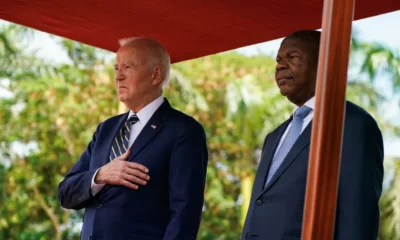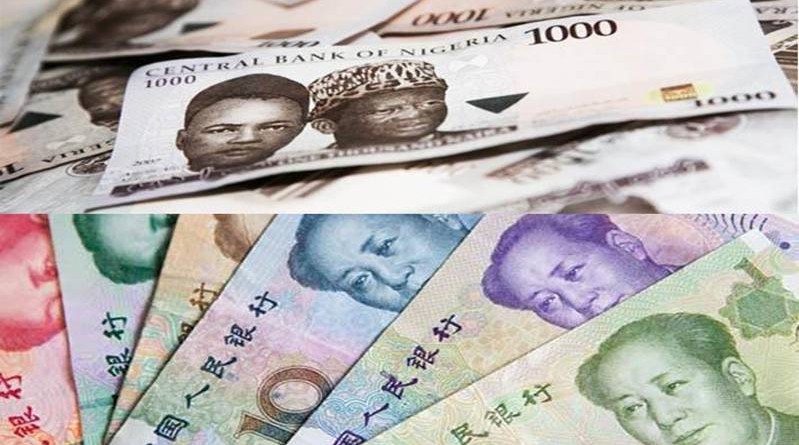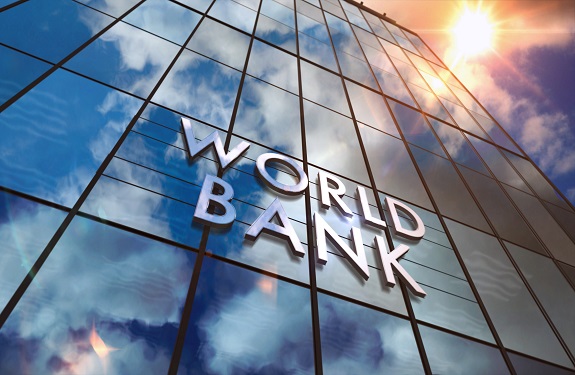Achim Steiner, administrator of the United Nations Development Programme, stated on Monday that the world’s poorest nations were forced to put debt payments ahead of investments, which was impeding their ability to achieve sustainable development goals.
Speaking at a Hamburg event, Steiner claimed that the global financial crisis was making it difficult for nations to achieve the goals, which include combating poverty and hunger, expanding access to healthcare and education, supplying sustainable energy, and preserving biodiversity.
“For many, least-developed countries, have been priced out of the financial markets. They cannot borrow any more money,” Steiner told the Hamburg Sustainability Conference, adding that they must draw down other spending to avoid debt default. “It’s a very extreme situation.”
Many nations, including Zambia, Ghana, and Sri Lanka, have recently experienced debt default; others are finding it difficult to make ends meet as a result of the ongoing cycle of interest rate increases around the world.
In addition, the globe has to spend trillions more annually to reach its climate spending targets. According to Steiner, increasing funding is “absolutely central” to achieving the sustainable development goals, which his group is actively tracking.
“We have to tackle this issue of our international financial architecture and our international financial system,” Steiner said. “If not, we are going to fall apart in our endeavour to find answers that our citizens are expecting us to find.”
Speaking at the same event, World Bank President Ajay Banga stated that without assistance, official and multilateral lenders would not be able to deliver the $4 trillion required to meet the targets.
“That gap is going to need the private sector,” Banga said during a panel discussion.
He said that one method to leverage multilateral balance sheets was to use public funds to de-risk private investment. He also mentioned that bankers based in Washington, D.C., have increased the insurance for investors who want to participate in renewable energy in developing nations.
“We’ve already doubled where we were a year ago. There is more to come.”
In July, the World Bank declared that it had begun running a one-stop shop for investment guarantees and loans, to increase the amount of guarantees and risk insurance provided globally to $20 billion annually.
German Chancellor Olaf Scholz stated that standardising finance instruments and facilitating the establishment of public-private partnerships are necessary to achieve sustainable development goals.
“Without the expertise and investment of the private sector, the sustainable development goals cannot be reached,” Scholz said during a keynote speech.





































